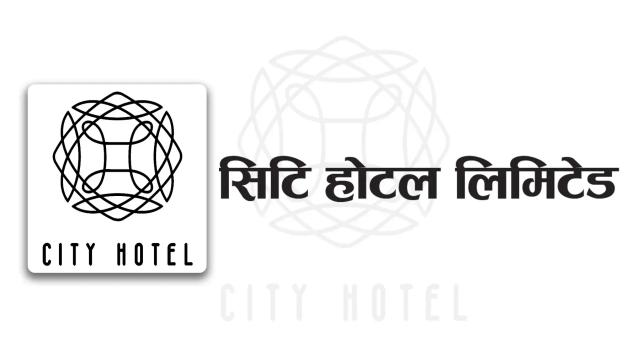Finance Minister Khanal Emphasizes Need for a Simplified and Transparent Tax System to Boost Investment
Author
NEPSE TRADING

Finance Minister Rameshwor Prasad Khanal has acknowledged that Nepal’s current tax system is complicated and burdensome, making it difficult to attract meaningful investment. Speaking at an interaction program organized by the Siddhartha Chamber of Commerce and Industry in Bhairahawa, he stressed that Nepal’s economic bottleneck is not the size of the budget, but rather the ability to spend it effectively.
He noted that development plans often remain stalled due to procedural hurdles and emphasized the need for simplification across all administrative levels. Strengthening transparency and accountability in public spending and project execution, he said, is essential for restoring confidence among investors and taxpayers.
Minister Khanal highlighted that the lack of trust between taxpayers and the tax administration has created friction even in legitimate business activities. To address this, he underscored the importance of fully digitalizing the tax payment process, which he believes would enhance transparency, reduce misuse, and create an investment-friendly environment.
According to him, unless Nepal’s tax structure becomes simple, predictable, and transparent, large-scale investments will remain limited. “The government must act as a facilitator rather than a controller,” he stated, adding that excessive rules and complicated procedures have weakened economic activities and discouraged entrepreneurs.
He also stressed the need for strong coordination between fiscal and monetary policies. Aligning these two key policy areas, he said, would help avoid unnecessary market volatility and support long-term economic stability.
During the interaction, business leaders drew the Finance Minister’s attention to the underutilization of the Gautam Buddha International Airport. They urged the government to operationalize the airport at full capacity, stating that delays have adversely impacted trade, industry, and tourism in the region.



